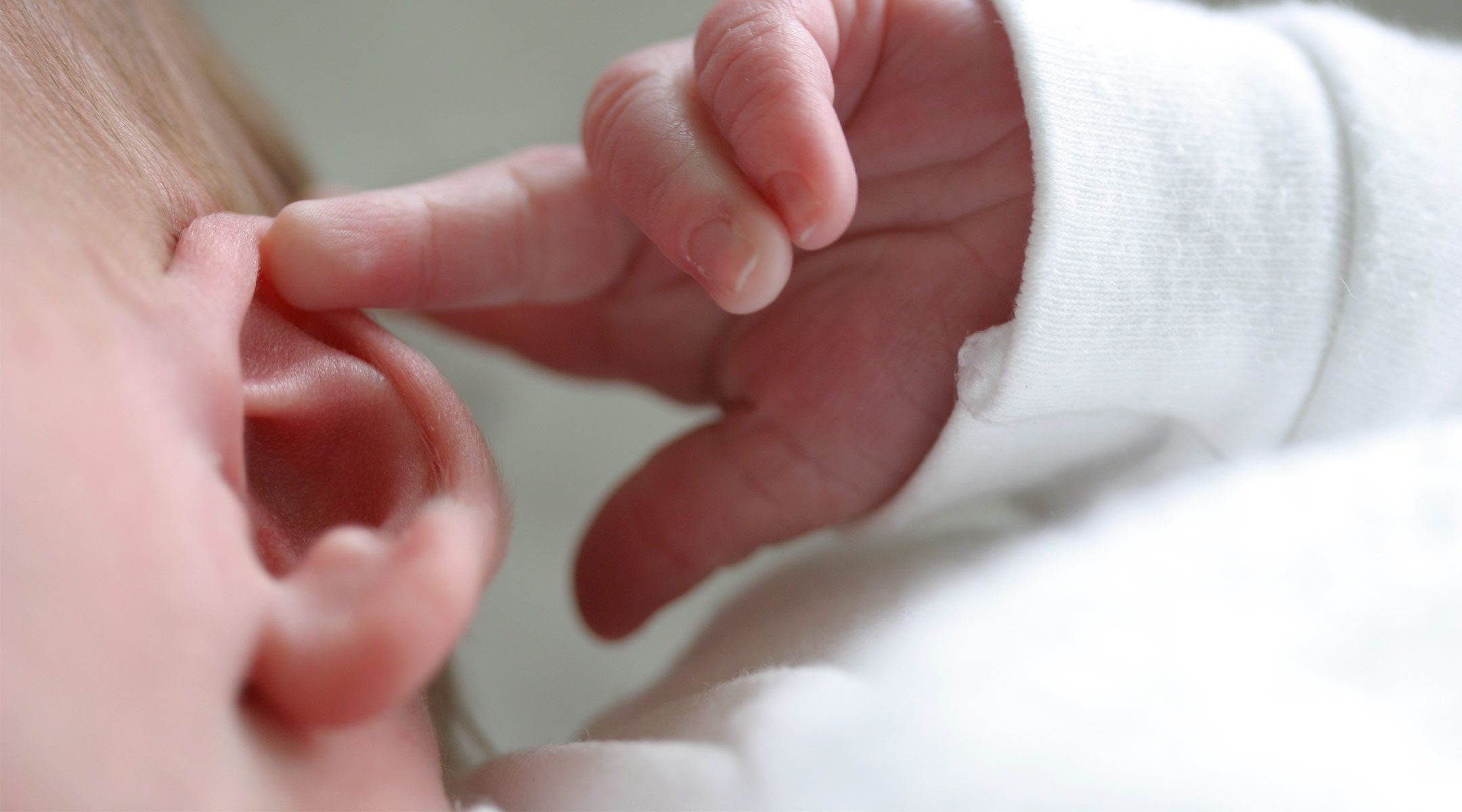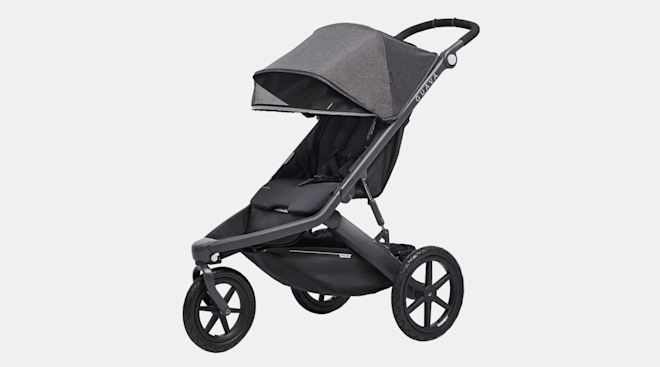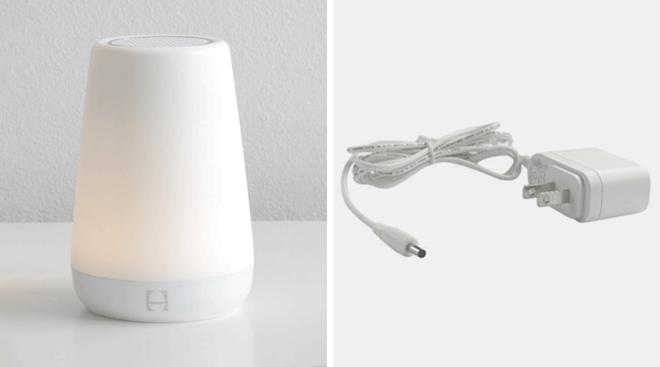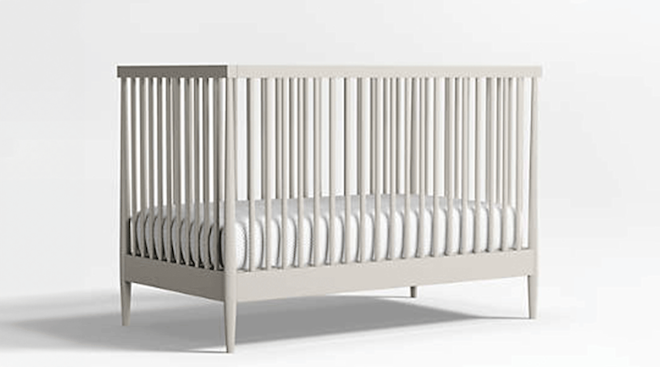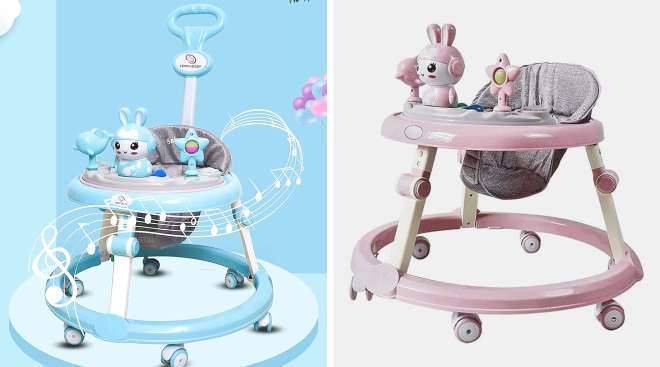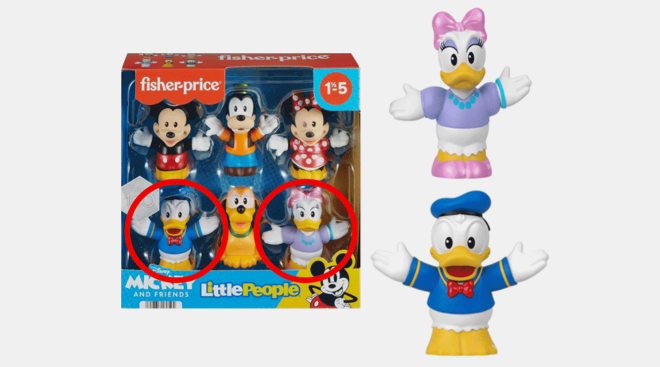Doctors Should Use This Hearing Test to Help Detect Autism at Birth, Research Says
Acoustic reflex testing may be a helpful screening tool for early detection and diagnosis of autism, according to recent research published in The Journal of the American Osteopathic Association.
The researchers say there is a strong connection between auditory dysfunction and autism, suggesting hearing issues identified at birth can be indicators on whether or not the child should be monitored for autism.
“We know the vast majority of people with autism have some type of hearing problem connected to abnormalities in the brain,” says Randy Kulesza, Jr., PhD. “That means these issues will be present and detectable at birth.”
While Kulesza points out the vast majority of people with autism have hearing issues, he also stresses not everyone with a hearing issue has autism. But early detection would benefit all.
“Especially early in life, the brain is very plastic, meaning the right early interventions can literally train out those deficits. The person might not be perfectly neuro-typical but such interventions can improve function,” says Kulesza.
“Often, people with autism suffer from hypersensitivity, meaning even relatively quiet sounds can feel like overwhelming noise,” Kulesza explains. “If parents and physicians understand that from the start, they can work to acclimate the child’s sensitivity and make his or her experience of the world much less intense and frightening.”
Newborn babies currently have their hearing tested, but Kulesza says those tests don’t do enough and only assess whether a baby can hear on a pass/fail basis. He urges doctors to use a type of hearing testing, known as acoustic reflex testing, to measure the sensitivity and response time to a wide range of frequencies.
While there are clear connections between autism spectrum disorders and auditory dysfunction, more research is needed to understand the most effective way to employ interventions for those with hearing issues.
Please note: The Bump and the materials and information it contains are not intended to, and do not constitute, medical or other health advice or diagnosis and should not be used as such. You should always consult with a qualified physician or health professional about your specific circumstances.
Navigate forward to interact with the calendar and select a date. Press the question mark key to get the keyboard shortcuts for changing dates.
































